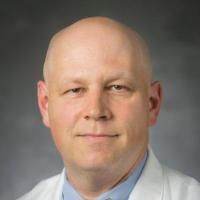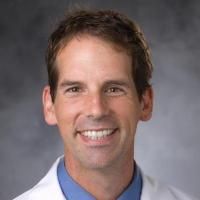The vascularized fibular graft in the pediatric upper extremity: a durable, biological solution to large oncologic defects.
Date
2013-01
Journal Title
Journal ISSN
Volume Title
Repository Usage Stats
views
downloads
Citation Stats
Attention Stats
Abstract
Skeletal reconstruction after large tumor resection is challenging. The free vascularized fibular graft (FVFG) offers the potential for rapid autograft incorporation as well as growing physeal transfer in pediatric patients. We retrospectively reviewed eleven pediatric patients treated with FVFG reconstructions of the upper extremity after tumor resection. Eight male and three female patients were identified, including four who underwent epiphyseal transfer. All eleven patients retained a functional salvaged limb. Nonunion and graft fracture were the most common complications relating to graft site (27%). Peroneal nerve palsy occurred in 4/11 patients, all of whom received epiphyseal transfer. Patients receiving epiphyseal transplant had a mean annual growth of 1.7 cm/year. Mean graft hypertrophy index increased by more than 10% in all cases. Although a high complication rate may be anticipated, the free vascularized fibula may be used to reconstruct large skeletal defects in the pediatric upper extremity after oncologic resection. Transferring the vascularized physis is a viable option when longitudinal growth is desired.
Type
Department
Description
Provenance
Subjects
Citation
Permalink
Published Version (Please cite this version)
Publication Info
Zelenski, Nicki, Brian E Brigman, L Scott Levin, Detlev Erdmann and William C Eward (2013). The vascularized fibular graft in the pediatric upper extremity: a durable, biological solution to large oncologic defects. Sarcoma, 2013. p. 321201. 10.1155/2013/321201 Retrieved from https://hdl.handle.net/10161/25664.
This is constructed from limited available data and may be imprecise. To cite this article, please review & use the official citation provided by the journal.
Collections
Scholars@Duke

Brian Eugene Brigman

Detlev Erdmann

William Curtis Eward
I am an Orthopaedic Oncologist, with dual clinical degrees (MD and DVM). I treat complex sarcomas in people and animals. My laboratory studies comparative oncology - discoveries we can make about cancer by analyses across different species.
Unless otherwise indicated, scholarly articles published by Duke faculty members are made available here with a CC-BY-NC (Creative Commons Attribution Non-Commercial) license, as enabled by the Duke Open Access Policy. If you wish to use the materials in ways not already permitted under CC-BY-NC, please consult the copyright owner. Other materials are made available here through the author’s grant of a non-exclusive license to make their work openly accessible.
